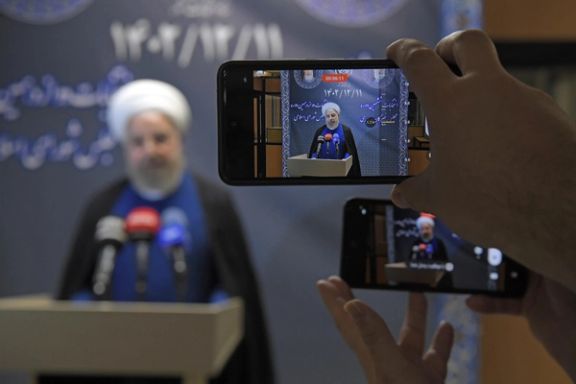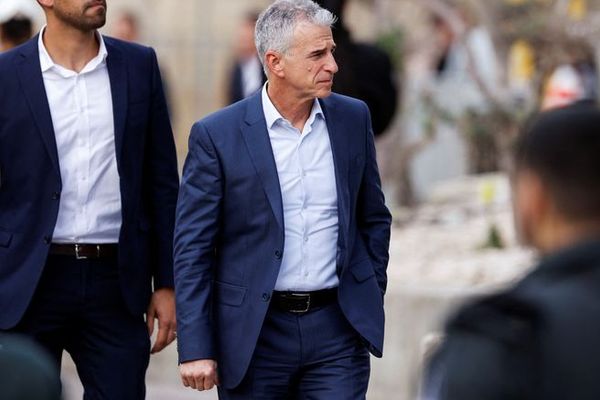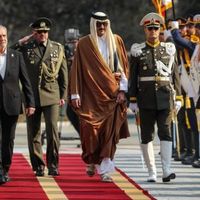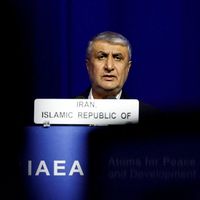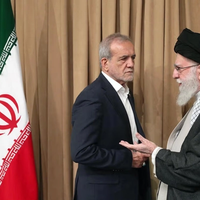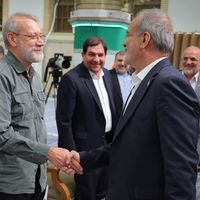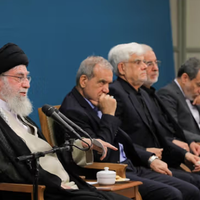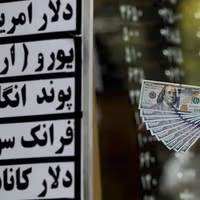In a letter sent on March 10, Rouhani pointed out the Council's criteria for disqualification, criticizing them as "generally involving vague affiliations" and lacking evidence contrary to explicit law. He insisted that the documents supporting the claims be presented "fully, without omission or summary."
The hardliners controlling the candidate vetting process for the March 1 elections rejected Rouhani's candidacy, pushing him into political isolation along with other former Iranian presidents. Rouhani had registered and expressed eagerness to run for a seat in the Assembly, which holds the constitutional duty to select Iran’s next Supreme Leader in the event of Ali Khamenei’s absence.
The move highlights a broader pattern of manipulation in Iranian elections, where non-hardliners are systematically rejected from candidacy, consolidating power within ultraconservative circles. Such tactics were previously observed in the 2020 parliamentary and 2021 presidential elections, resulting in the dominance of ultraconservatives in both the outgoing parliament and President Ebrahim Raisi’s administration.
Despite the regime's efforts to control the electoral process, concerns persist over the legitimacy of the elections, exacerbated by economic crises and nationwide protests. Official figures reported a turnout of 41 percent out of 61.1 million eligible voters, but doubts linger over the accuracy of the numbers with some estimates as low as nine percent.
